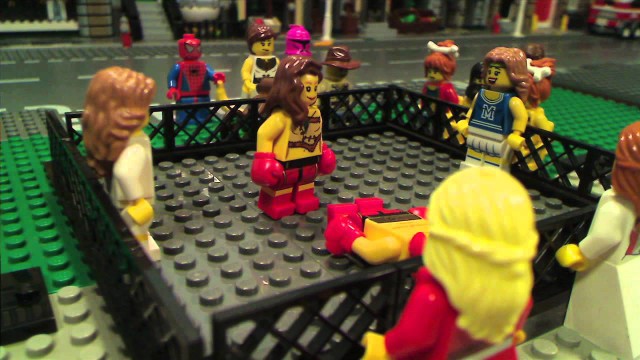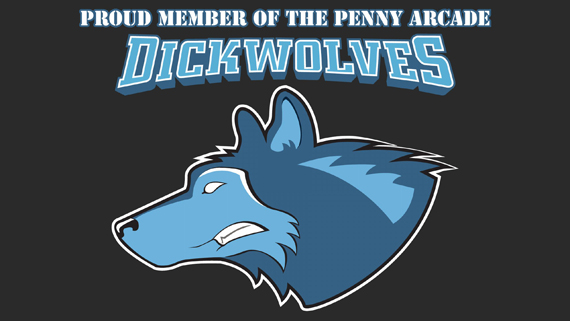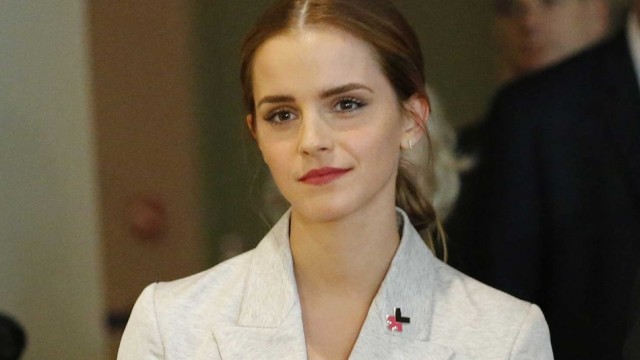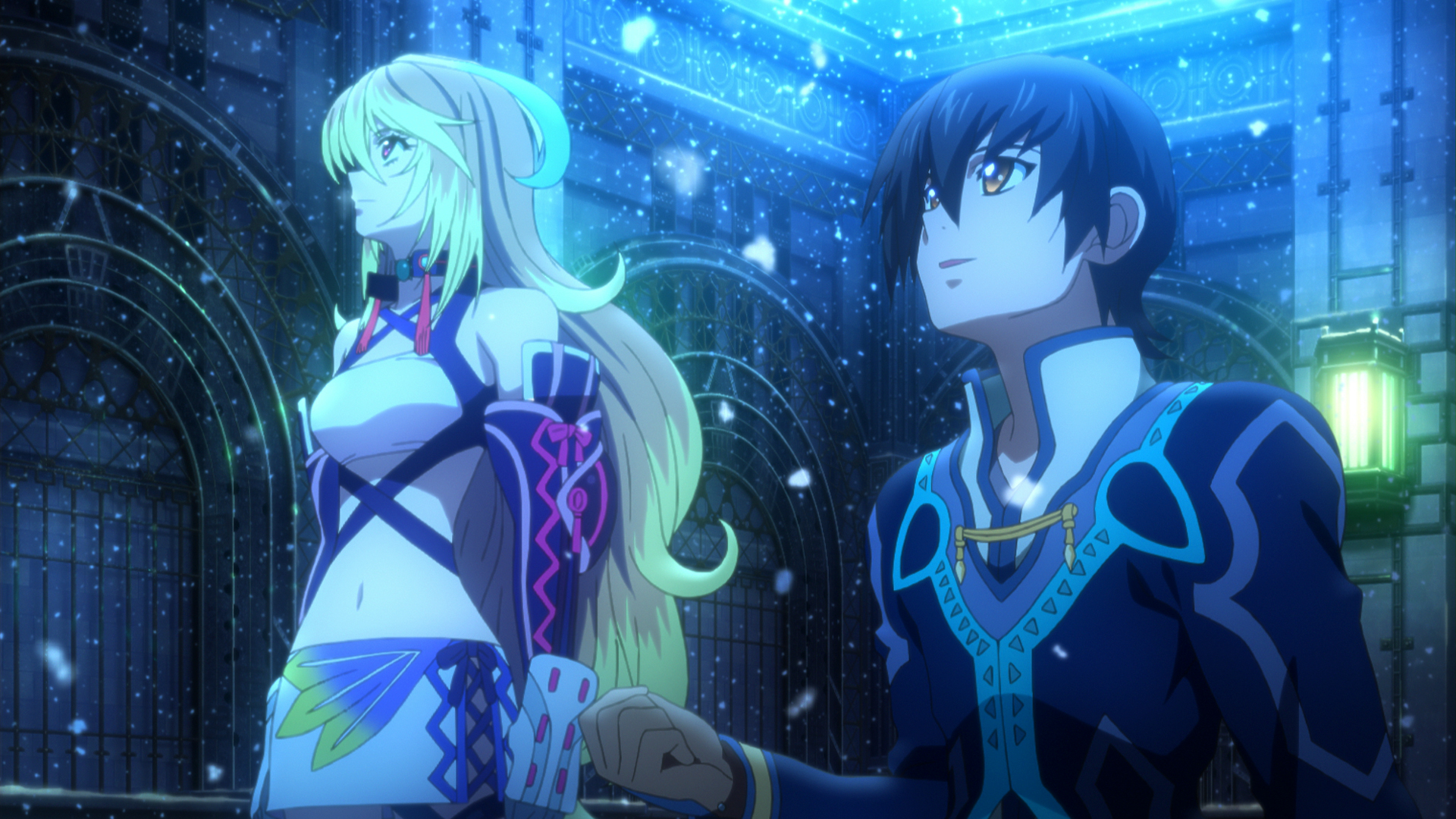Gamers face a number of stereotypes that have negative impacts. You have the gaming addicts, the basement dwellers, the overly sexualized gamer girl, and much more. It’s sad and unfortunate but the term gamer can have bad connotations. Stereotypes do nothing but generalize a grouping of people, robbing them of their complexities, brilliance, and uniqueness. The overly sexualized gamer girl, for example, is highly detrimental because it objectifies the female body. Imagine a girl who games in sexy underwear or can balance an XBOX controller on her ample bosom. She’s a neatly packaged item presented on a metaphorical platter. She’s there for the male gaze to ravage. This very image dehumanizes a person. This stereotype isn’t a realistic depiction of what a person is and everything she might encompass. Fortunately, I’m seeing more and more female gamers pop up in the gaming community. We’re not unicorns and that’s awesome and exciting. The gaming community is not gender specific, an assumption that’s starting to disintegrate.
Male gamers have it tough too. The male gamer stereotype often conjures up an image of a socially inept, jobless man-child living in his parent’s basement. This image is both incredibly hurtful and destructive because it implies that male gamers can only be successful in an imagined realm. It’s as if the male gamer is incapable of functioning in a working society. This stereotype infantilizes them and makes a mockery of their hobbies and ambitions. What’s the deal with that? I know several male gamers who lead successful, fulfilling lives. Let’s take a moment to view the way in which gamers are portrayed in the media.
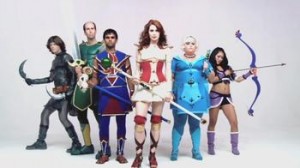 The Guild, a satirical web series by Felicia Day, pokes fun at a variety of gamer stereotypes. You have the eccentric older man living off his dead grandfather’s social security checks, the man-child and his oddly intimate relationship with his mother (they bathe together), and the frighteningly absent minded gamer parent. The show is funny because Day’s characters are such purposeful exaggerations of gamer stereotypes. It’s not intended to be a reflection of reality. The show is also inclusive and accepting of the gaming community. It’s all about gamers and gaming. These characters might be eccentric and offbeat but they’re all a part of the same community. There’s no us against them mentality. Though the characters occasionally encounter rival guilds and such, they’re all gamers at the end of the day and that’s what unifies them. Day’s web series lies in stark contrast with the The Big Bang Theory, which is another show about gamers and nerds.
The Guild, a satirical web series by Felicia Day, pokes fun at a variety of gamer stereotypes. You have the eccentric older man living off his dead grandfather’s social security checks, the man-child and his oddly intimate relationship with his mother (they bathe together), and the frighteningly absent minded gamer parent. The show is funny because Day’s characters are such purposeful exaggerations of gamer stereotypes. It’s not intended to be a reflection of reality. The show is also inclusive and accepting of the gaming community. It’s all about gamers and gaming. These characters might be eccentric and offbeat but they’re all a part of the same community. There’s no us against them mentality. Though the characters occasionally encounter rival guilds and such, they’re all gamers at the end of the day and that’s what unifies them. Day’s web series lies in stark contrast with the The Big Bang Theory, which is another show about gamers and nerds.
The Big Bang Theory is a show that others nerds, comic book lovers, gamers, and so on. In other words, Sheldon and his gang are marked as different from the rest of society and that’s the punch line of the show. Sheldon’s exceptional intelligence and personality quirks are not celebrated or viewed as normal. The comedic element of the show relies on pointing out these differences and seeing those differences as abnormal. I recently watched an episode called The Bakersfield Expedition, which focuses on the group and their misadventures as they travel to a con. I was genuinely surprised by the negative representations of both men and women in this particular episode.
In one scene, a disheveled Sheldon and his companions enter a diner dressed in Star Trek costumes. The patrons openly gawk at them like they’re some kind of spectacle. When Leonard asks if they can use their phone, the waitress cracks a joke at their expense and asks them why Scotty can’t just beam them up. Later when the group reports their missing car to a police officer, the officer asks if they need him to phone their moms. And then, on cue, Howard, serving as the punch line, comes out of another room and shamelessly announces that his mother arranged a rental car for them. The man-child stereotype comes into play here. Their interests and hobbies are considered infantile. Just because they enjoy Star Trek and other considerably nerdy hobbies, the police officer makes the assumption that they still live with their parents and are unable to function as normal adults in society. Similar to the diner fiasco, the female characters have the same sort of experience at a comic book store.
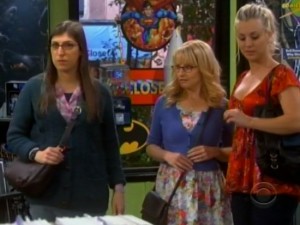 In an attempt to understand why their boyfriends like comics so much, Penny and the others go to a comic book store that’s largely populated by men who fit a variety of nerd stereotypes. Once again, the patrons openly stare at the women as if they’ve never seen women before. The only man that engages them with a sense of ease and comfort is the store owner. I’m not sure if it’s because he’s the owner of a business and therefore labeled as a successful adult or not. I suppose you could read it in this way. I like to call what the women are experiencing the unicorn treatment. The idea of a female occupying a traditionally male space is not at all uncommon. It harkens back to the idea that the gaming and or comic book world is gender specific or, rather, male dominated. A female’s presence in this space is considered highly unusual. She’s made up to be a fantasy as a result. It’s like seeing a unicorn clopping down the freeway, hence the unicorn treatment.
In an attempt to understand why their boyfriends like comics so much, Penny and the others go to a comic book store that’s largely populated by men who fit a variety of nerd stereotypes. Once again, the patrons openly stare at the women as if they’ve never seen women before. The only man that engages them with a sense of ease and comfort is the store owner. I’m not sure if it’s because he’s the owner of a business and therefore labeled as a successful adult or not. I suppose you could read it in this way. I like to call what the women are experiencing the unicorn treatment. The idea of a female occupying a traditionally male space is not at all uncommon. It harkens back to the idea that the gaming and or comic book world is gender specific or, rather, male dominated. A female’s presence in this space is considered highly unusual. She’s made up to be a fantasy as a result. It’s like seeing a unicorn clopping down the freeway, hence the unicorn treatment.
Lastly, I feel bad for Penny because this episode makes fun of the fact that she’s a slow reader. I’m a slow reader too and an even slower writer to boot so I feel you, Penny. When the girls decide to re-read one of the Thor comics, Amy and Bernadette suddenly get up to brew tea. Amy informs Penny that they’re giving her a head start on the reading. The punch line is Penny’s intellectual capabilities, which really bums me out as a learning disabled person. This episode others Penny because she stands on the cusp of a culture and community that she doesn’t quite belong in and that much is clear. Though she’s dating Leonard, she doesn’t share his hobbies or interests and doesn’t identify as a gamer or lover of comic books. At the beginning of the episode, Leonard snaps a cell phone picture of the two of them. He tells Penny that he’s going to use the picture as proof that she exists and is his girlfriend. I think her physical attractiveness overrides anything else about her, really. She’s more like a trophy for Leonard.
Though I’m not a huge fan of The Big Bang Theory, maybe other episodes have more redeeming qualities. It’s important to be aware of these stereotypes and how damaging they can be for men and women alike. These stereotypes won’t fizzle out anytime soon or magically vanish overnight so the next best thing to do is to be aware of them and to not generalize others. We’re too good for that hullabaloo.

